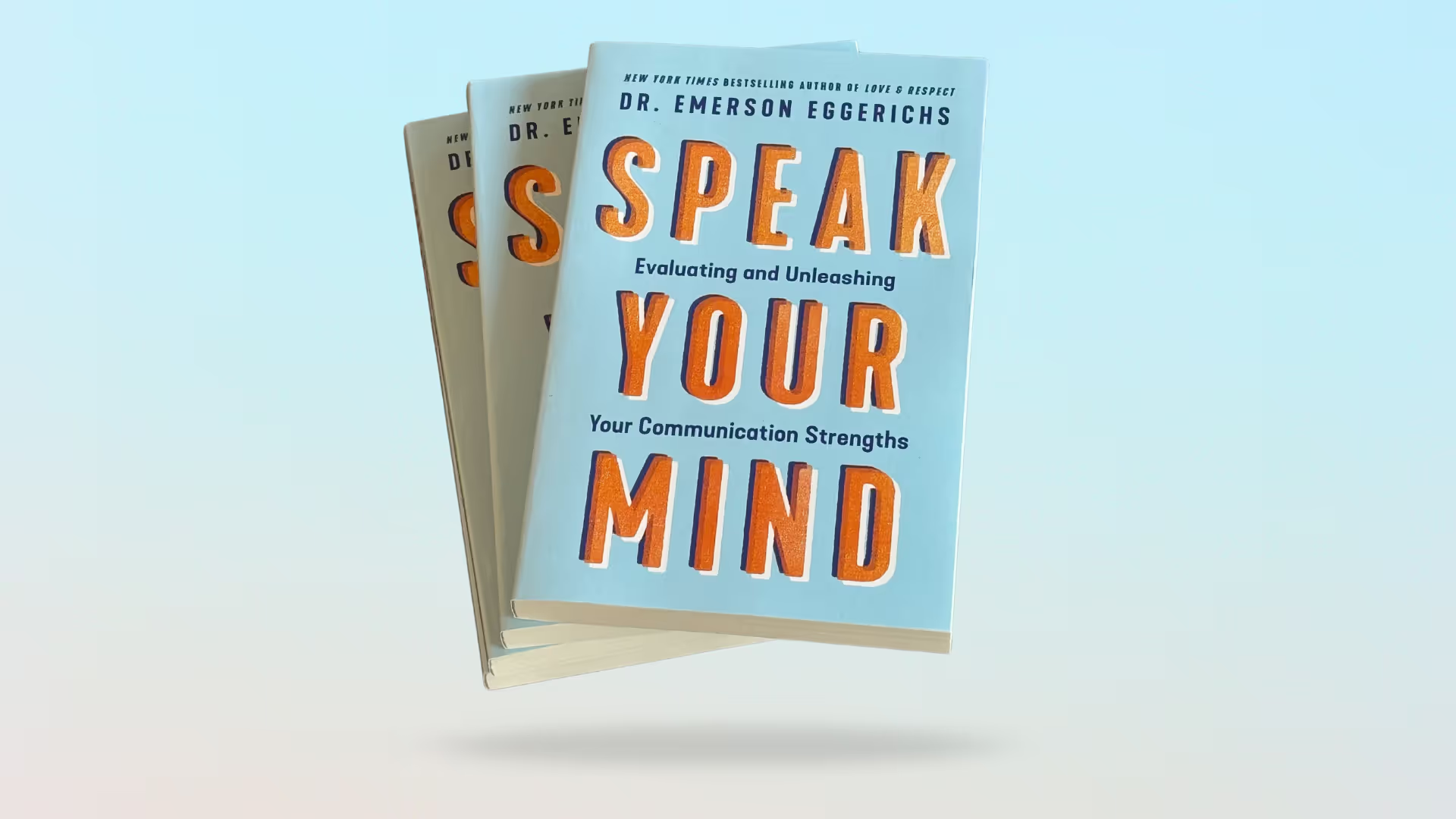

The Bible Verse That Gives Hope To Millions, Part 1

A few years ago, Steven Curtis Chapman lost his five-year-old daughter in a tragic accident when his son accidentally rolled over her with the family car. During that devastating time, the Chapman family clung to the words of Jeremiah 29:11 which says,
"'For I know the plans that I have for you,’ declares the Lord, ‘plans for welfare and not for calamity to give you a future and a hope.’"
Over the centuries, countless Christians have memorized, quoted and clung to this Bible verse. One such person emailed me during a time of betrayal saying,
"I know that God loves me and he will be with me every step of the way. Working through all this is painful. 'I know the plans I have for you saith the Lord…' I keep saying this Scripture…I know the road ahead is not going to be easy. Right now I do not trust anything my (spouse) is telling me. If (they say) the sun is shining outside I have to look.”
Similarly another writes,
"During the pregnancy I also discovered that my husband was HIV positive. He knew about it for a year but he couldn't tell me. He was afraid of what I was going to say. I also took the test and tested negative. I cried and I asked God, 'Why?' many times. I remembered the book of Jeremiah where He says '...for I know the plans I have made for you. Plans to prosper you...and not to destroy you.' I just said 'Lord, Your will be done.'"
Still others have stopped trusting in Jeremiah 29:11, believing that God did not guarantee them welfare and prosperity against calamity and destruction.
I once chatted with a godly woman who, along with her husband, had been serving Christ for years. However, she spoke of the problem she had with God for not fulfilling Jeremiah 29:11.
Her daughter had given birth to a child who died within six hours from a heart that simply stopped beating. Her sweet grandbaby died on the same day of her birth. The suffering caused this grandmother to call into question all the promises of God that she had listed out and prayed over throughout the decades.
She had a little “Promise Box” with glorious Bible promises, and Jeremiah 29:11 ranked high on her list. She asked, "Why would calamity come when God promised a future without calamity?" She entered a dark time and began pulling back from God. She felt that He had reneged on his stated commitment to protect and bless.
A skeptic might counter by saying, “If God promised welfare and prosperity, then this lady is right. One should not cling to Jeremiah’s words when calamity and destruction flood one’s life."
In effect, the skeptic purports that life is a roll of the dice. There is no divine promise that all sevens will show up all the time. If anything good happens, it is mere coincidence. After all, a broken clock may be right two times a day, but that doesn’t mean the clock works. Coincidences may occur after praying about a promise of God, but that doesn’t mean prayer works or the promise is real.
I comprehend what the skeptic cynically espouses. There are unanswered questions that profoundly trouble me as they do him. We do not have an answer for the death of a five-year-old girl run over by her brother or a healthy, six-hour baby whose heart stops beating.
But just because bad things happen to good people, does that necessarily mean the promise of God is untrue?
I continue this discussion in Part 2.
-Dr. E
.svg)





.svg)

%20(1).avif)















